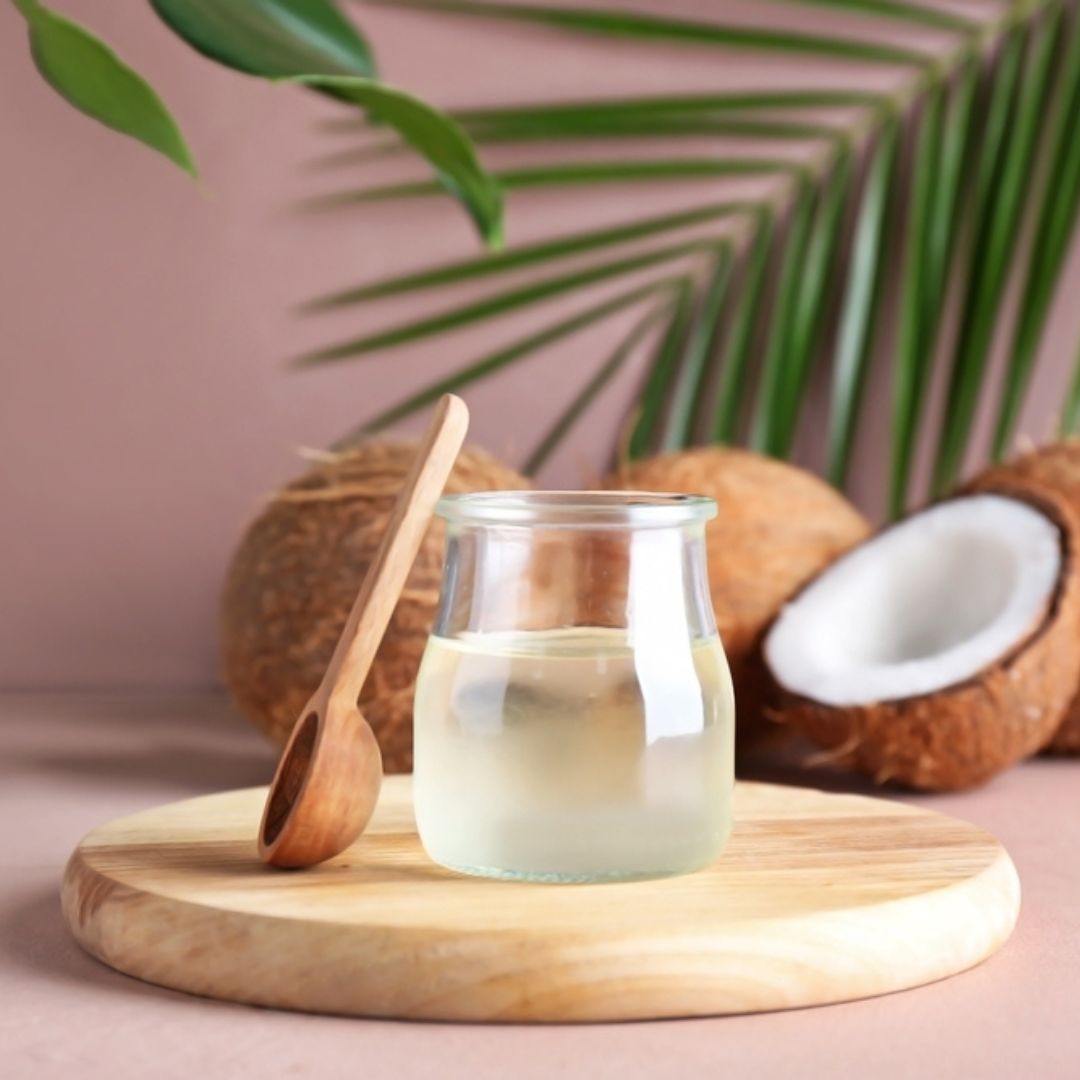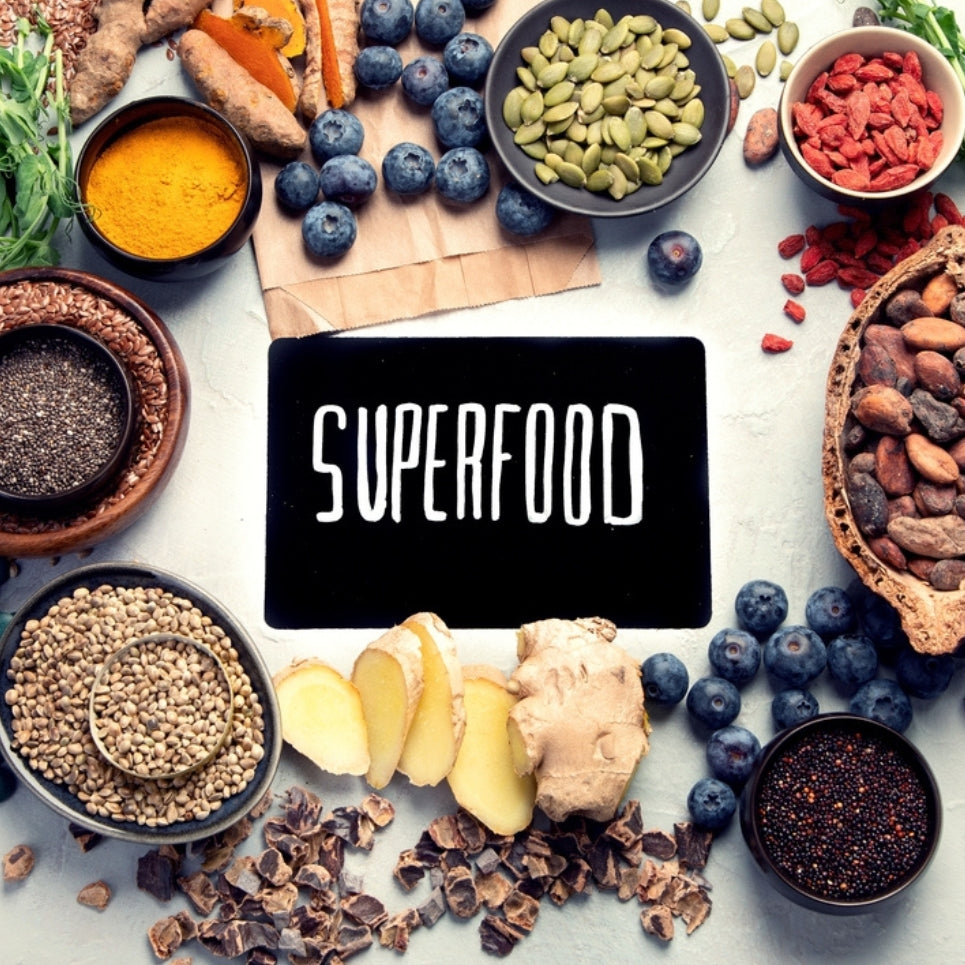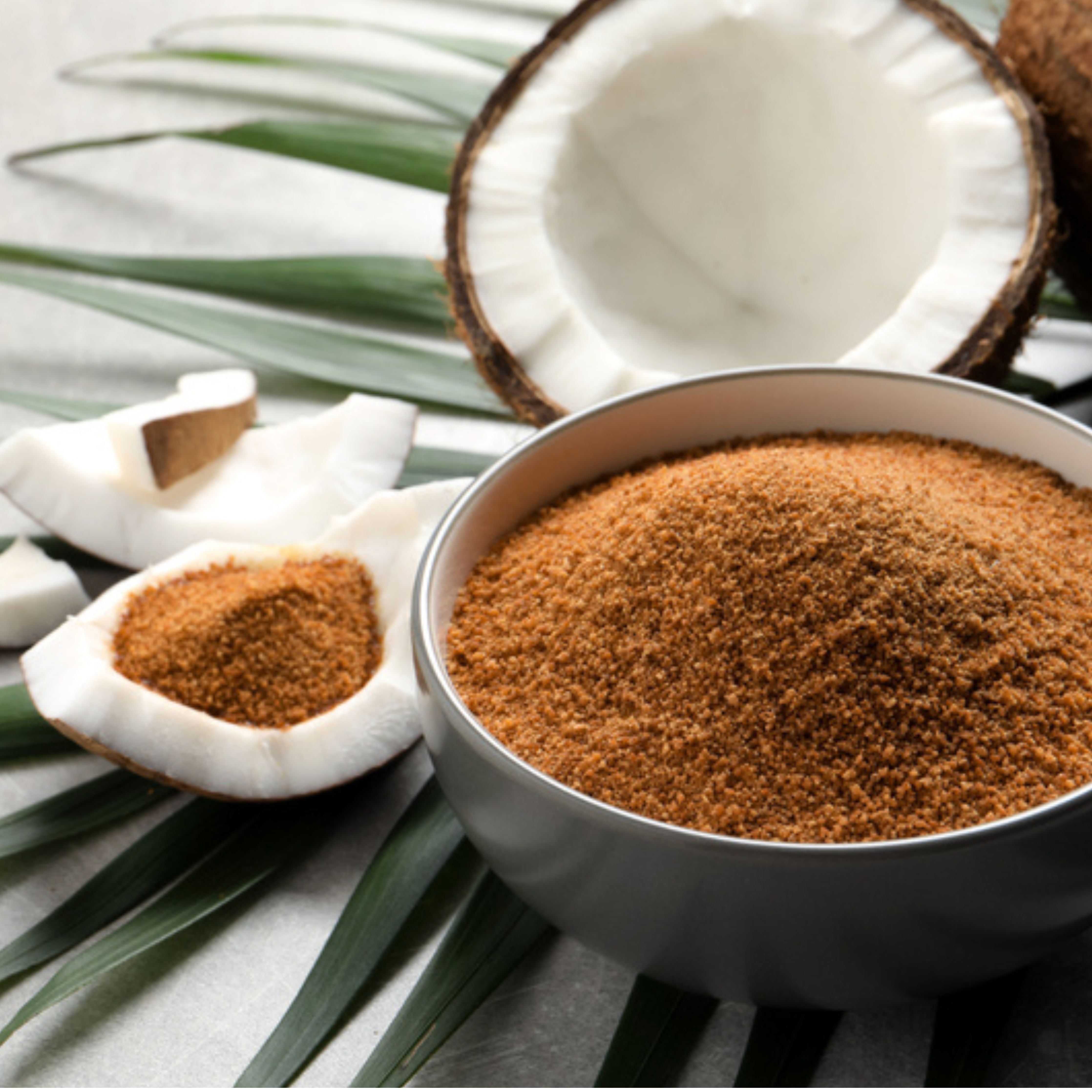What is Extra Virgin Coconut Oil
Extra Virgin Coconut Oil, derived from the meat of mature coconuts, has gained popularity for its versatile uses and potential health benefits. From cooking to skincare, extra virgin coconut oil offers a range of applications that make it a staple in many households.
What Is It Composing Off?
Extra Virgin Coconut Oil is predominantly composed of saturated fats, with small amounts of monounsaturated and polyunsaturated fats. While not a significant source of vitamins or minerals, extra virgin coconut oil contains traces of vitamin E, vitamin K, and iron.
Health Benefits of Extra Virgin Coconut Oil
- Heart Health: Despite its high saturated fat content, coconut oil's unique composition, including medium-chain triglycerides (MCTs), may have benefits for heart health by potentially raising HDL (good) cholesterol levels.
- Weight Management: MCTs in extra virgin coconut oil are known to increase energy expenditure and promote feelings of fullness, potentially aiding in weight management.
-
Antimicrobial and Anti-inflammatory Properties: Extra Virgin Coconut oil contains Lauric acid, making it beneficial for skin conditions and oral health.

Extra Virgin Coconut Oil vs. Refined Coconut Oil
Zama's Extra Virgin Coconut Oil:
- Production: Extracted from fresh coconut milk without undergoing chemical refining. It retains more of the coconut's natural flavour, aroma, and nutrients, including MCTs.
- Benefits: Rich in antioxidants and Lauric acid, making it ideal for raw consumption, skincare, and recipes where a mild coconut flavour is desired.
- Smell: The classic potent coconut oil smell is lost when it comes to Zama Organics product, easing the off scent on our noses.
- Best Use: Use for low to medium-heat cooking, baking, raw consumption, and skincare applications.
Refined Coconut Oil:
- Production: Extracted from dried coconut, often undergoes high heat chemical processing, bleaching and deodorising processes to remove impurities and flavours. This gives it a neutral flavour and higher smoke point.
- Benefits: Suitable for high-heat cooking and frying due to its higher smoke point and more stable shelf life.
- Smell: Has a pungent smell of processed coconut oil.
- Best Use: Ideal for frying, deep-frying, and recipes where a neutral flavour and higher smoke point are preferred.

Uses of Extra Virgin Coconut Oil:
Cooking with Extra Virgin Coconut Oil
1. Enhance Flavors in Curries and Soups: Extra Virign Coconut Oil can enhance the flavors of your curries and soups, especially those with a tropical or Asian twist. Start by sautéing your aromatics (like garlic, onions, and ginger) in coconut oil to infuse your dish with a rich, coconutty base.
2. Grill with Confidence: Brush vegetables with melted extra virgin coconut oil before grilling or roasting. It not only adds flavor but also helps to achieve a beautiful, crispy exterior.
Baking with Extra Virgin Coconut Oil
1. Keep Baked Goods Moist : Extra Virign Coconut Oil is excellent for keeping baked goods moist. When using it in place of butter or other oils, melt the coconut oil and let it cool slightly before mixing it into your batter or dough.
2. Flavor Infusion: Extra Virign Coconut Oil can infuse a subtle coconut flavor into your baked goods, enhancing recipes like chocolate chip cookies, banana bread, and muffins. It pairs especially well with ingredients like chocolate, vanilla, and nuts.
3. Creamy Frosting and Glazes: For a dairy-free frosting, whip extra virgin coconut oil with powdered sugar and a splash of vanilla extract. You can also make a delicious glaze by mixing melted coconut oil with cocoa powder and maple syrup.
Sautéing with Extra Virgin Coconut Oil
1. Quick Sautéing of Greens: Sauté leafy greens like spinach, kale, or Swiss chard in extra virgin coconut oil. The oil’s high smoke point ensures the greens cook quickly without burning, and the added flavor complements the vegetables beautifully.
2. Caramelize Onions: Use extra virgin coconut oil to caramelize onions. The natural sweetness of the oil enhances the caramelization process, resulting in deeply flavored, golden-brown onions.
3. Flavorful Stir-Fries: For an Asian-inspired stir-fry, use extra virgin coconut oil to cook your protein and vegetables. The oil’s high heat tolerance is perfect for quick, high-temperature cooking, ensuring your ingredients stay crisp and flavorful.
Haircare with Extra Virgin Coconut Oil
-
Conditioning Treatment: Extra Virgin Coconut Oil is often used as a deep conditioning treatment. Apply a generous amount to your hair, focusing on the ends, and leave it on for at least 30 minutes or overnight before washing it out with shampoo. This helps to nourish and hydrate the hair, making it smoother and shinier.
-
Scalp Treatment: Extra Virgin Coconut Oil can be massaged into the scalp to moisturise dry, flaky skin and reduce dandruff. Its antimicrobial properties can help keep the scalp healthy and free from infections.
-
Hair Growth: Some people use extra virgin coconut oil to promote hair growth. Massaging it into the scalp is believed to improve blood circulation and stimulate hair follicles.
-
Detangling: Applying a small amount of extra virgin coconut oil to the hair can make it easier to detangle, reducing breakage and split ends.
-
Frizz Control: A tiny amount of extra virgin coconut oil can be used to tame frizz and add shine to the hair. Be careful not to use too much, as it can make the hair look greasy.
Skincare with Extra Virgin Coconut Oil
-
Moisturiser: Extra Virgin Coconut Oil is a natural moisturiser that can be applied to the skin to keep it hydrated. It is especially effective for dry or rough patches of skin.
-
Makeup Remover: Extra Virgin Coconut Oil can be used to gently remove makeup, including waterproof mascara. Its oily nature helps break down makeup while moisturising the skin.
-
Lip Balm: Extra Virgin Coconut Oil can soothe and hydrate chapped lips, making it a great natural alternative to commercial lip balms.
-
Body Scrub: Mixing extra virgin coconut oil with sugar or salt creates an exfoliating body scrub that helps remove dead skin cells, leaving the skin smooth and soft.
- Healing Properties: Its antimicrobial and anti-inflammatory properties make extra virgin coconut oil beneficial for treating minor cuts, scrapes, and burns. It can help reduce redness and prevent infection. Additionally, it can be used to soothe conditions like eczema, thanks to its anti-inflammatory properties.
- Anti-Aging: Some people use extra virgin coconut oil to reduce the appearance of fine lines and wrinkles due to its moisturising and antioxidant properties.
Considerations:
While extra virgin coconut oil offers potential health benefits, its high saturated fat content means it should be consumed in moderation as part of a balanced diet. High-quality extra virgin coconut oil can be more expensive than other cooking oils but after overviewing the abundance of advantages that come with Zama Organics Extra Virgin Coconut Oil, it is no doubt a necessity in your home.
FAQs
Q: Can Extra Virgin Coconut Oil Help with Weight Loss?
A:The MCTs in coconut oil can help with weight management by boosting energy use and making you feel full longer.
Q: How Does Extra Virgin Coconut Oil Compare to Extra Virgin Olive Oil?
A:Both oils offer different health benefits; olive oil is high in monounsaturated fats and antioxidants, while extra virgin coconut oil contains beneficial MCTs.
Q: What Are MCT’S?
A:MCTs (Medium Chain Triglycerides) are a type of fat that can be quickly absorbed and used for energy by the body.





